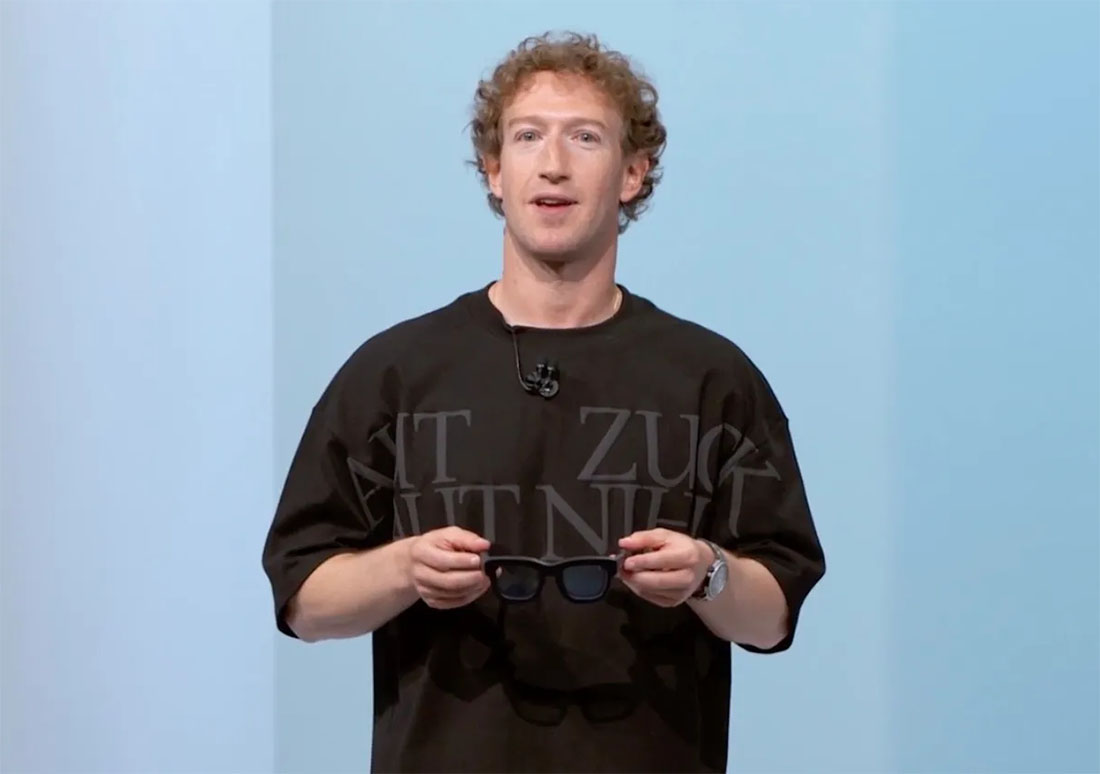
Photo Credit: Getty Images
In a strange Hollywood-Silicon Valley convergence, Mark Zuckerberg bought a piece of movie history – the real Ardsley Athletics t-shirt worn by Jesse Eisenberg in David Fincher’s “The Social Network.” This strange purchase, revealed in an interview on “The Colin & Samir Show,” has ignited conversations about narrative control and the delicate dance between a public personality and his on-screen representation.
“Yup, that’s right,” Zuckerberg swore to host Samir Chaudry, affirming the shirt’s fictional background. “A guy I knew had found this on the web in an auction and was like, ‘You’ve got to get this.’ So I was like, ‘Yeah, okay, sure, let’s go out and get it.’” The shirt, an otherwise harmless piece of high school apparel, is actually burdened with significance, being a physical link to the film that helped establish much of the public’s initial perception of the Meta founder.
The Irony of the acquisition is clear. Zuckerberg has long disparaged “The Social Network,” deeming its portrayal of his motivations to be inaccurate. He directly objected to the film’s suggestion that Facebook was created in order to impress a girl, a narrative that he deems to be essentially flawed. And yet, now he owns a portion of the very film that he disparaged, an action that can be interpreted as symbolic of reclaiming his own narrative.
The auction, held by Propstore Auctions, reportedly sold the shirt for between $2,000 and $4,000, showing a deliberate and even tongue-in-cheek engagement with the cultural heritage of the film. The purchase is at odds with Jesse Eisenberg’s recent comments, where the actor appeared uncomfortable about being associated with Zuckerberg’s public image. “When I consider myself connected to a person like that, it’s not like I played a great golfer and now everybody thinks I’m a great golfer,” Eisenberg told BBC Radio 4 in an interview. “It’s this man who’s going and doing things that are distressing.”
“The Social Network,” released in 2010, predated the severe criticism Zuckerberg and Meta would later face regarding data privacy and the Cambridge Analytica scandal. Looking back, the film’s portrayal of Zuckerberg’s ambition and potential consequences feels almost prophetic.
Zuckerberg’s purchase of a t-shirt, thus, does much more than constitute an act of plain consumerism. It’s a calculated act, a way of acknowledging and redefining a narrative that has profoundly affected public perception. It’s a mix of humor, irony, and indirect exercise of control packaged in a movie memorabilia piece.
















